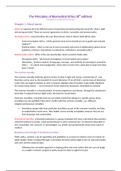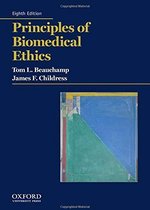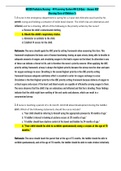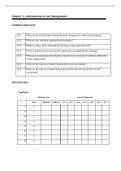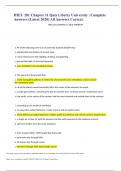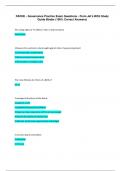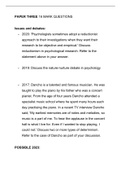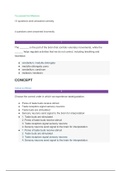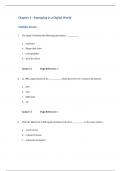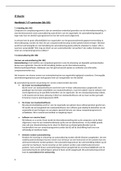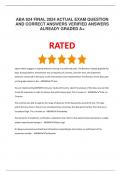Samenvatting
Summary of The Principles of Biomedical Ethics, Chapter 1: Moral Norms by Beauchamp & Childress
- Instelling
- Erasmus Universiteit Rotterdam (EUR)
A summary of Chapter 1: Moral norms. Contains definitions as written in the book, often explicated/or debated in the summary or annotations. (There also is a summary containing this chapter + chapters 4/5/6/7)
[Meer zien]
